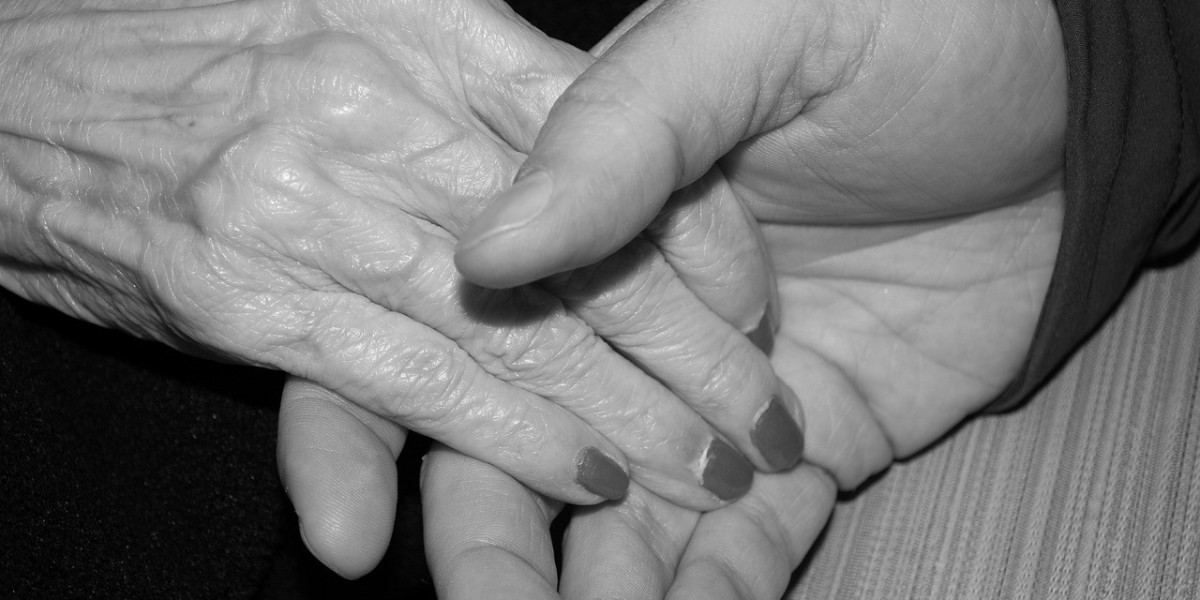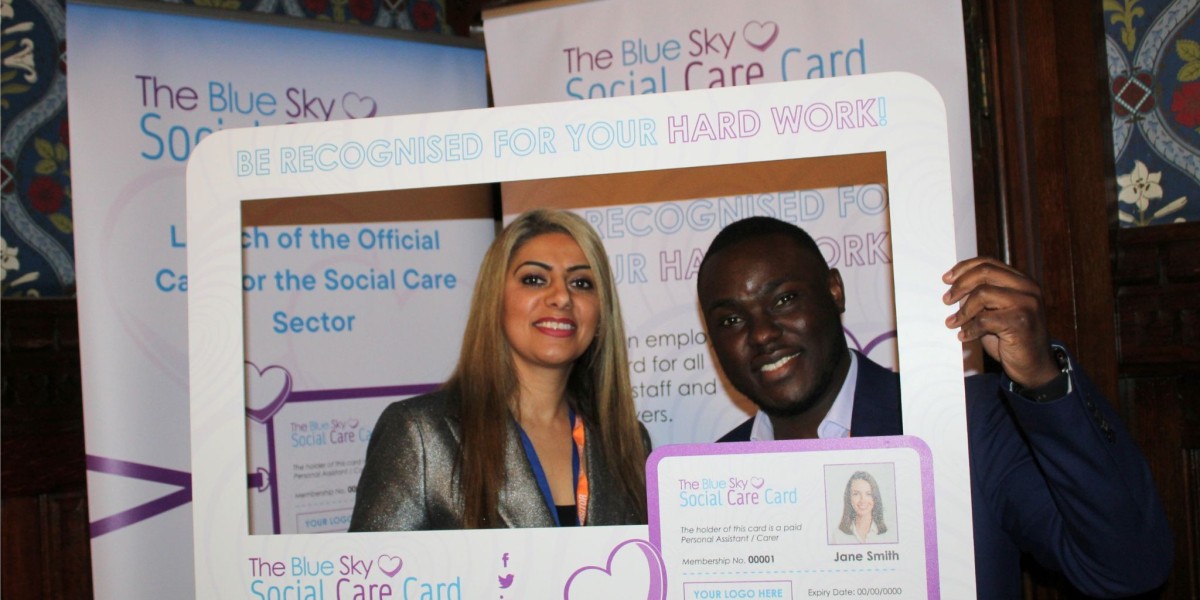If you’re supporting someone with dementia, you may have noticed them recalling things that didn’t happen — or remembering events in the wrong order. Sometimes, their stories might include details that feel completely made up. This experience can be confusing or even upsetting for carers and family members, especially when those memories feel far from reality.
But these aren’t lies or exaggerations — what you may be seeing is something called confabulation, and it’s actually a common symptom of dementia.
Let’s take a closer look at what confabulation is, why it happens, and how you can respond with understanding and reassurance.
What Is Confabulation?
Confabulation is when a person fills in gaps in their memory with fabricated or distorted information — not to deceive, but because their brain is trying to make sense of missing pieces.
Someone with dementia might:
· Talk about events that never happened
· Remember people being present who weren’t
· Mix up timelines or places
· Blend together several memories into one
To them, these memories feel very real. Their brain is doing its best to “fill in the blanks”, often without them realising it.
Why Does Confabulation Happen in Dementia?
The brain is an incredible organ, constantly working to make sense of the world — even when dementia affects its ability to store and retrieve memories. When memory gaps appear, especially in the early or middle stages of dementia, the brain sometimes tries to "fill in" those blanks using information from other memories, feelings, or learned experiences.
This is particularly common in types of dementia such as:
· Alzheimer’s disease
· Frontotemporal dementia (FTD)
· Vascular dementia
For your loved one, confabulated memories often feel just as valid as real ones — which is why challenging them directly may not help.
How to Respond with Compassion
As carers, our instinct may be to correct or clarify — especially if the story involves someone who’s passed away or an event that never occurred. But the goal isn’t to “fix” the memory. Instead, it’s to support your loved one with kindness, respect, and emotional safety.
Here are some helpful ways to respond:
Go Along When It’s Kind to Do So
If the memory isn’t causing distress or harm, it’s okay to enter their world for a while. Agreeing gently or redirecting the conversation can prevent unnecessary confusion or upset.
Use Gentle Reassurance
If they’re distressed or anxious about the memory, try to reassure them rather than correct them. You might say:
“That sounds like it was really important to you.”
“I’m here now, and we’re safe.”
Redirect with a Positive Activity
Try moving the focus to something calming or enjoyable — a photo album, music, a favourite snack, or going for a walk can gently steer the moment in a more peaceful direction.
Validate the Emotion, Not the Detail
Even if the memory is incorrect, the emotions behind it are real. Focus on how your loved one feels rather than the accuracy of what they’re saying.
Tips for Everyday Support
· Avoid asking questions that rely on recent memory — this can increase confusion or frustration
· Use visual prompts like photos, keepsakes, or music to support positive memories
· Keep a calm, soothing tone, even if what they’re saying surprises you
· Remind yourself: they’re not lying — they’re remembering differently
You're Doing an Incredible Job
Caring for someone with dementia can be a deeply emotional experience. Watching someone you love recall memories that don’t align with reality can be difficult, especially when you just want to help.
But by choosing empathy over correction, and connection over confrontation, you’re already doing something wonderful: supporting your loved one in a way that honours their experience and protects their dignity.
Join the We Talk Care Community
If you’ve experienced confabulation with someone you care for, you’re not alone. At We Talk Care, we bring together family carers, friends, and loved ones from across the UK to share stories, support one another, and feel understood.
Join We Talk Care today and connect with people who truly get it — because together, we’re stronger.







